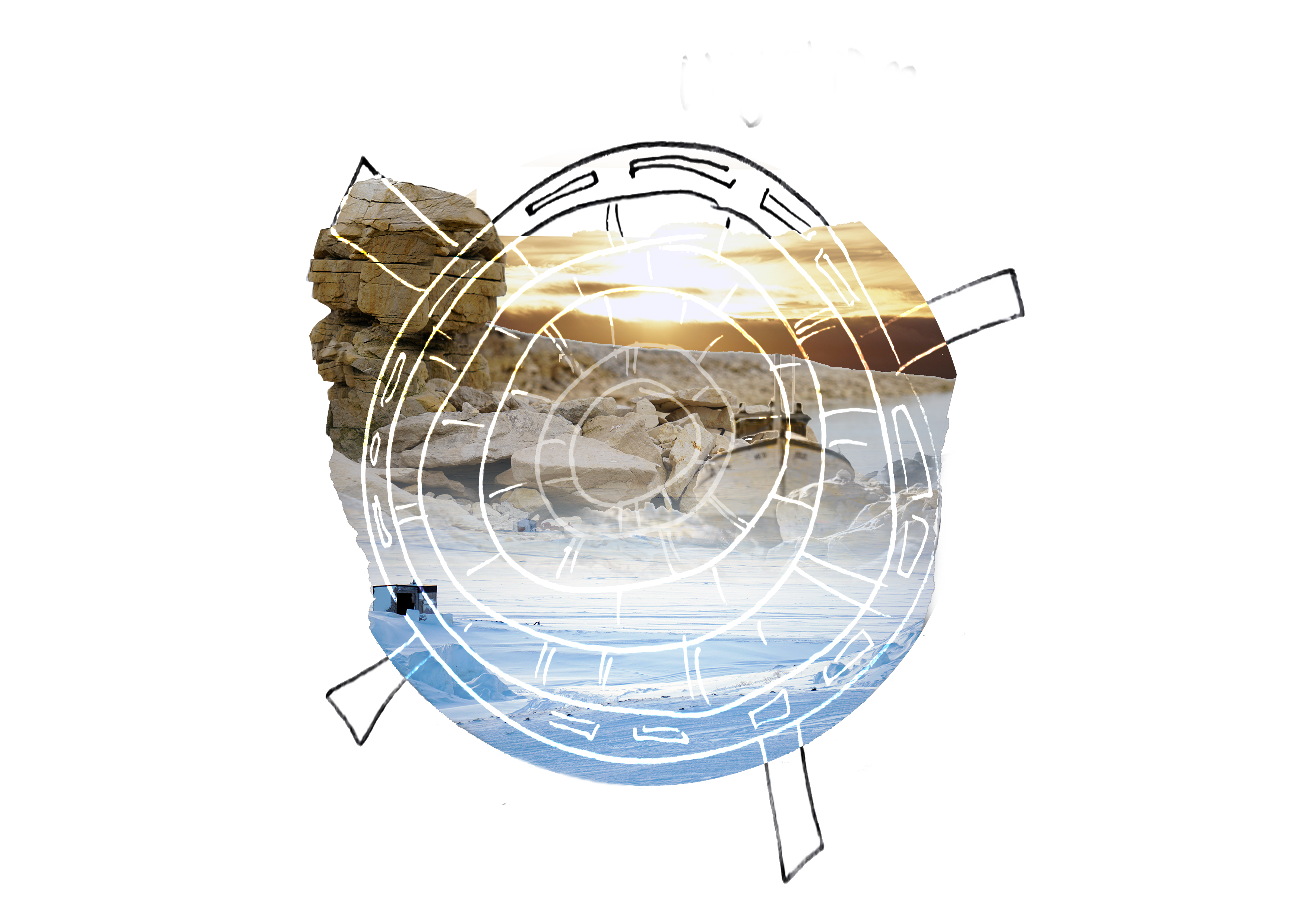The Becoming Other Vista: Difference between revisions
No edit summary |
No edit summary |
||
| Line 4: | Line 4: | ||
Although seemingly self-explanatory within Indigenous research paradigms, such a statement requires explanation in western academia. And its meaning | Although seemingly self-explanatory within Indigenous research paradigms, such a statement requires explanation in western academia. And its meaning | ||
was far from obvious for me as I visited the communities I ended up working with | was far from obvious for me as I first visited the communities I ended up working with. | ||
In fact, the concept of "becoming other" remained an elusive concept - alongside the idea of "being with-" that I carried with me, almost to the last weeks of my community-based research. Rather than defining "becoming other" here, I pass the concept on to you, to take along and consider as an as aspirational state to attain, and its meaning to be acquired as it | In fact, the concept of "becoming other" remained an elusive concept - alongside the idea of "being with-" that I carried with me, almost to the last weeks of my community-based research. Rather than defining "becoming other" here, I pass the concept on to you, to take along and consider as an as aspirational state to attain, and its meaning to be acquired as it might possibly come to matter alongside me in this Knowledge-Land-Scape. | ||
<div class="next_choice">'''"Return"''' to the testimonial reading.</div> | |||
<span class="return to cut 1 link" data-page-title="Multiple Voices" data-section-id="8" data-encounter-type="return">[[Multiple Voices#Implication|Cut 1: Voices of Thunder]]</span> | <span class="return to cut 1 link" data-page-title="Multiple Voices" data-section-id="8" data-encounter-type="return">[[Multiple Voices#Implication|Cut 1: Voices of Thunder]]</span> | ||
Revision as of 22:39, 26 January 2025

“if research hasn’t changed you as a person, then you haven’t done it right” (Wilson, p.135).
Although seemingly self-explanatory within Indigenous research paradigms, such a statement requires explanation in western academia. And its meaning was far from obvious for me as I first visited the communities I ended up working with.
In fact, the concept of "becoming other" remained an elusive concept - alongside the idea of "being with-" that I carried with me, almost to the last weeks of my community-based research. Rather than defining "becoming other" here, I pass the concept on to you, to take along and consider as an as aspirational state to attain, and its meaning to be acquired as it might possibly come to matter alongside me in this Knowledge-Land-Scape.
